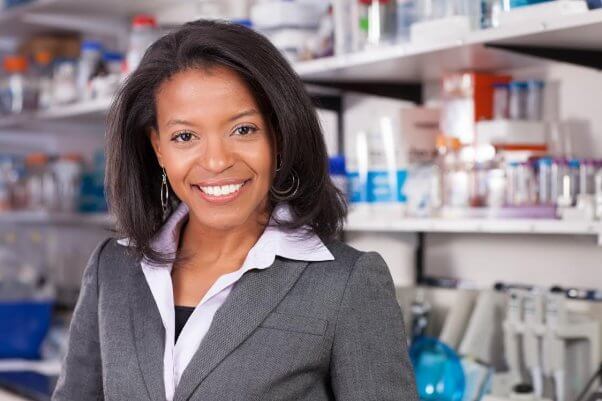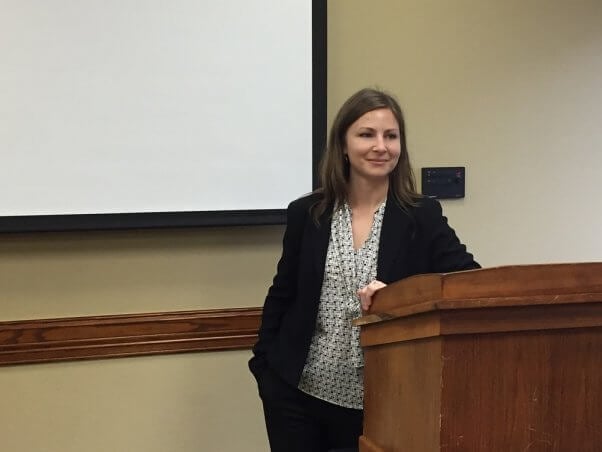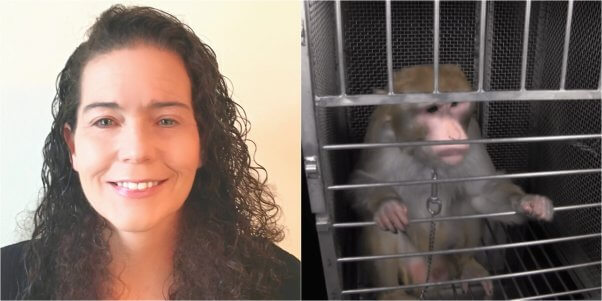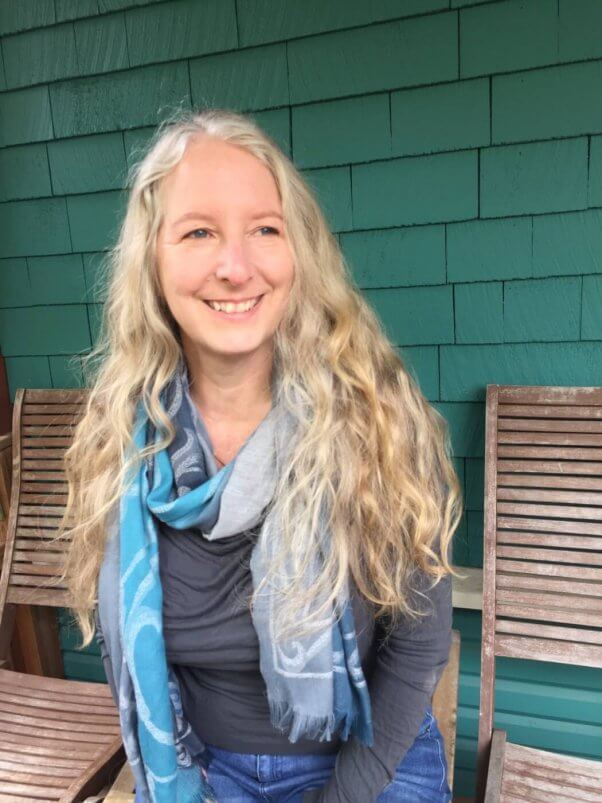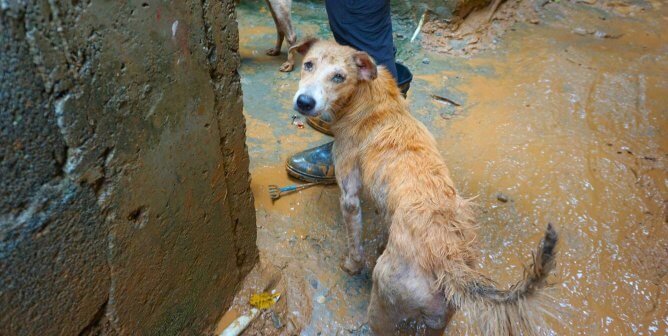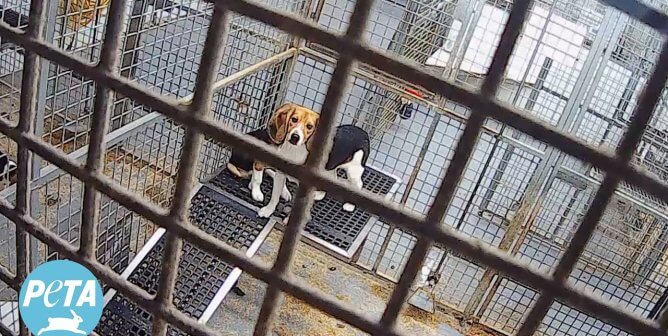These Women in STEM Are Engineering a Future Free of Animal Suffering
These women are living proof that innovation and compassion are far more effective than exploiting animals in experiments or using them for food—thanks to them, the future of STEM should be animal-free. Read on to discover more about the women who are taking science and technology into the future.
These women in STEM are creating a new era of food with technology:
- Dr. Sandhya Sriram is the powerhouse behind the first cell-based shellfish in Southeast Asia. She combined her biology degree with her passion for Singaporean cuisine, and Shiok Meats was born. Shiok is reinventing shrimp, lobster, and crab with cultured seafood grown from in vitrocells that spare thousands of animals the agony of fishing.
- Another forward-thinking mind is Dr. Lisa Dyson, the founder of Air Protein. She takes inspiration from NASA’s “forgotten space age technology” to create protein from elements in air. She starts with simple elements that we breathe every day and then uses a probiotic process to turn carbon dioxide and oxygen into “protein flour.” Her food looks out-of-this-world good, uses 1.5 million times less land than beef, and can be grown in a matter of days.
The award-winning documentary Test Subjects showcases these women in STEM who made a career out of advocating for animals after being persuaded to do animal testing for their doctorate:
- Dr. Frances Cheng found through her own studies that there are significant physiological differences between humans and the animals who are used in biomedical experiments. As a senior science adviser in PETA’s Laboratory Investigations Department, she has plenty of victories under her belt. Dr. Cheng persuaded General Mills, Kellogg Company, and dozens of other big-name brands to stop conducting experiments on animals.
- Dr. Amy Clippinger, the vice president of regulatory testing at PETA, hopes her story will show young scientists that you canhave it all. She emphasizes that a robust career in the sciences can help save the lives of both humans and other animals. Today, she collaborates with industry and regulatory agencies to promote non-animal toxicity testing approaches.
- Dr. Emily Trunnell went to work for PETA as a research associate immediately after finishing her doctoral research—which involved the use of mice and rats. She now works with government agencies and corporations on policy issues regarding animal experimentation. She also liaises with scientific journals to prevent the publication of papers on the most scientifically flawed and cruel experiments.
These prominent scientists who once worked at research facilities now save animals in their everyday jobs:
- Dr. Katherine Roe is a department chief and neuroscientist at PETA who used to work for the National Institutes of Health. With over 20 years of experience conducting brain research—without animals—she’s an expert in experimental design and knows a pointless test when she sees one. Her critique of bizarre experiments on monkeys exposes the unethical nature of animal testing.
- Dr. Lisa Jones-Engel, a Fulbright scholar, brings decades of knowledge about primates to PETA. Her scientific career has spanned the field, the research laboratory, and the undergraduate classroom—and she’s the author of over 100 peer-reviewed articles. She spoke out against cruel experiments on monkeys at a primate research center in this striking piece.
*****
All the women above are inspirations for us to show respect and sympathy to animals, no matter where we work or what age we are. From the classroom to the laboratory to the steps of the U.S. Capitol, there are ways to advocate for animals every single day. Plus, testing on animals is archaic. Even our government admits that 95% of all drugs that are shown to be safe and effective in tests on animals fail in human trials. You can help: Sign the petition to support PETA’s Research Modernization Deal.


